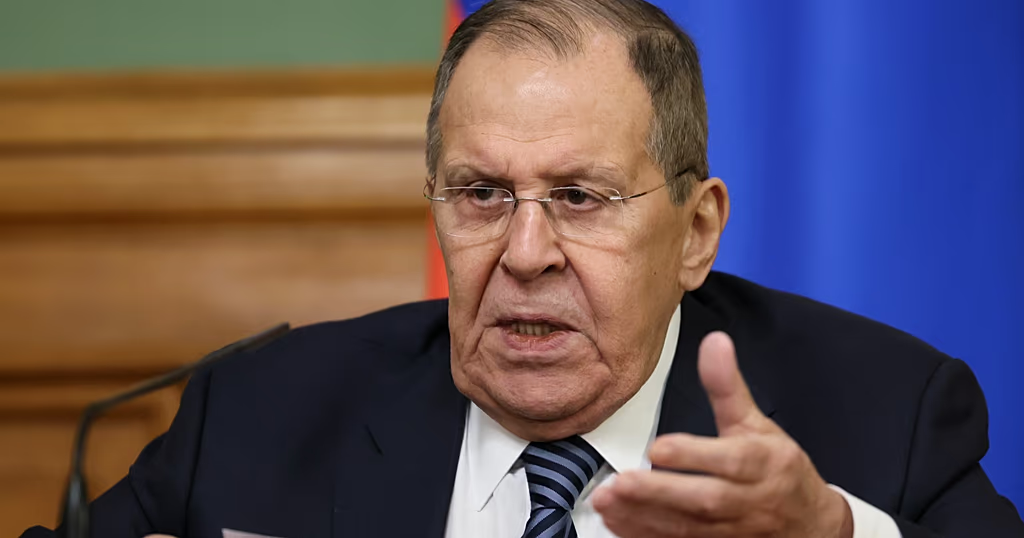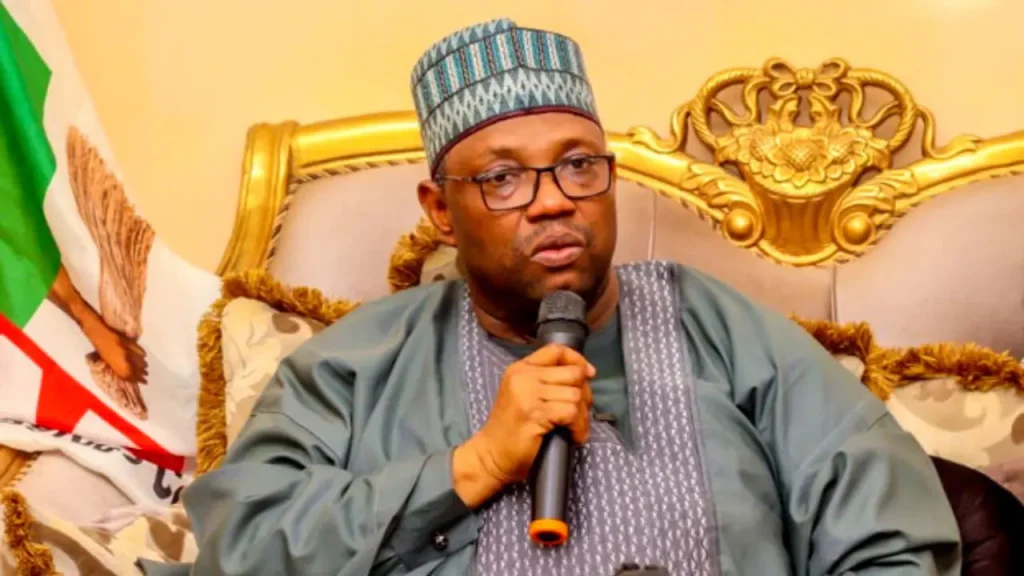Eastern Congo’s healthcare system is facing a severe crisis due to ongoing conflict and dwindling humanitarian funding, resulting in critical medicine shortages at over 200 health facilities. According to a recent assessment by the International Committee of the Red Cross, 80% of clinics in North and South Kivu provinces are operating without external support, leaving many without access to basic treatments for diseases such as malaria, HIV, and tuberculosis.
The conflict, fueled by the Rwanda-backed M23 rebels, has significantly hindered the transportation of medicine across front lines, exacerbating the shortage even when supplies are available. This year, over 3,000 people have been killed, and approximately 7 million are now displaced, further deepening the humanitarian crisis in the region. The situation is dire, with health workers fleeing and patients dying due to the lack of medical care.
The International Committee of the Red Cross has emphasized the urgent need for attention and action to address the crisis. François Moreillon of the ICRC stressed that the situation is not only a medical emergency but also a human catastrophe, requiring immediate attention from the global community. The organization’s assessment highlights the devastating impact of the conflict on the healthcare system and the need for sustained support to prevent further loss of life.
The crisis in eastern Congo is a complex issue, driven by years of conflict and instability in the region. The humanitarian response has been hindered by funding constraints, leaving many health facilities without the necessary resources to provide adequate care. As the situation continues to deteriorate, it is essential that the international community provides support to address the medicine shortages and ensure that health workers can provide critical care to those in need.
The significance of the crisis cannot be overstated, with thousands of lives hanging in the balance. The need for urgent action to address the humanitarian crisis in eastern Congo is clear, and it is essential that the global community comes together to provide the necessary support to prevent further suffering and loss of life.



